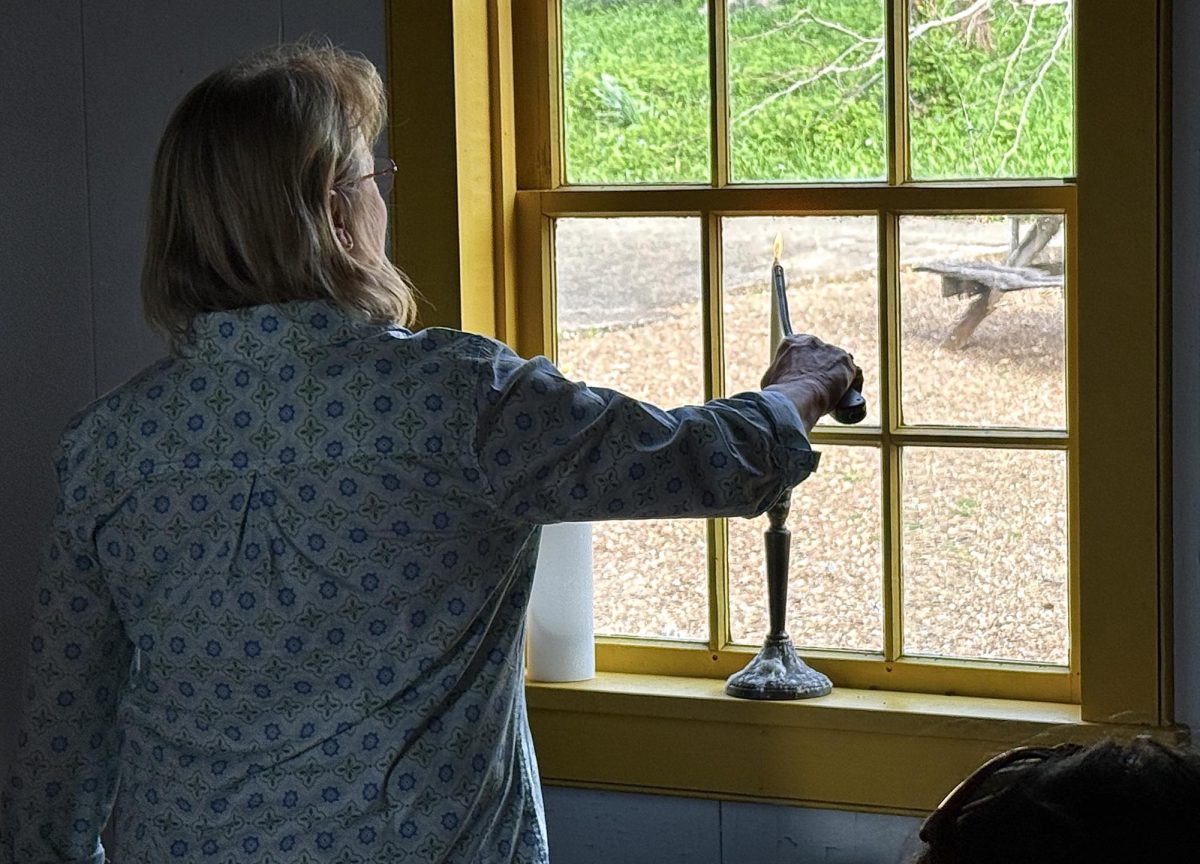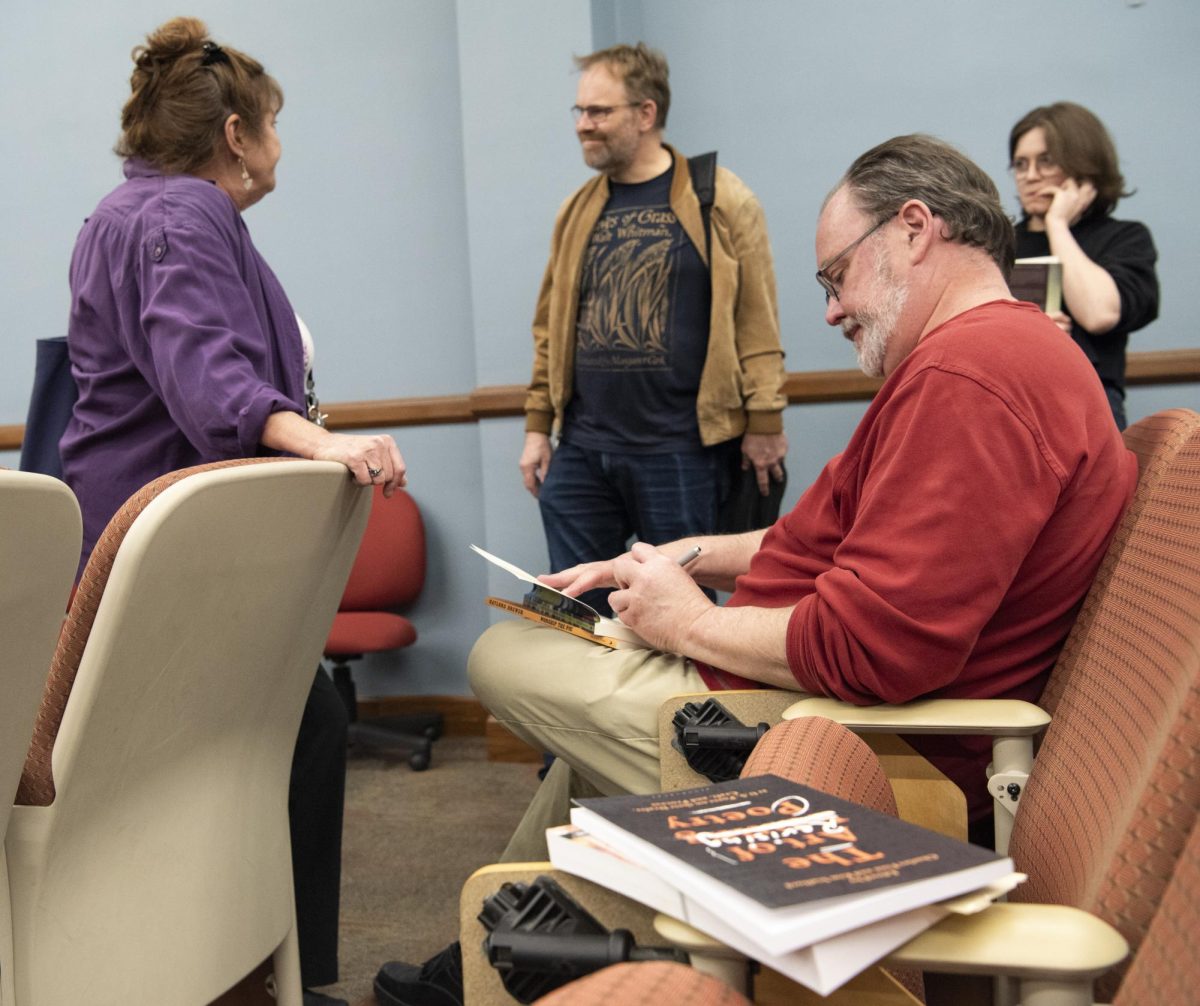Regents meeting talks retirement, state funding
February 2, 2016
While the announcement of President Gary Ransdell’s retirement eclipsed much of the Board of Regents meeting at Elizabethtown, the meeting offered insight not only into the next 17 months of Ransdell’s presidency, but into the current state of postsecondary education funding for Kentucky.
After a 42-minute closed session with the Board of Regents and Ransdell for “a discussion related to the appointment and dismissal of individual employees,” the meeting then transitioned back to open session with discussions and deliberations restricted to those in the room.
Ransdell said his retirement will be effective June 30, 2017, after which time he will take a six-month sabbatical and end his employment with WKU on Dec. 31 of the same year.
“I will serve with full energy and focus for the next 17 months,” Ransdell assured the board.
He said his pace will quicken considerably over the next 17 months as there are immediate financial challenges to be met that have recently received more definition since Gov. Matt Bevin outlined his budget plan on Jan. 26.
“I call upon everyone’s support because in my mind there’s now a deadline to get some things done and I look forward to work with all our faculty and staff and doing what’s in the university’s best interest for the next 17 months,” Ransdell said.
The deadline Ransdell was likely referring to was the 4.5 percent reduction in WKU’s current operating budget which, according to Robbin Taylor, vice president for Public Affairs, will need to be cut between now and June 30.
While Bevin’s budget spared K-12 school systems in the state from getting their funding cut, with their funding formula getting an increase of 39 million to aid with projected enrollment costs, according to the Herald-Leader, universities in the state joined the list of other state agencies receiving the 4.5 percent cut for the remainder of the fiscal year which ends June 30.
Taylor said that after the 4.5 percent cut, 9 percent would be reduced from postsecondary allocations over the next two years. She said for fiscal year 2017-18, Bevin has proposed one-third of state money for higher education funding be placed in a pool to be distributed based on currently undefined criteria.
“So all the university budgets, one-third that equates to $282 million would go into a pool that would be redistributed to institutions based on a yet to be defined, outcomes-based methodology,” Taylor said.
As the Herald previously reported, “WKU’s loss of state funding in 2016-17 will add up to about $4.1 million, dropping WKU’s total funding from the state to $70.5 million from $74.6 in initial funding for 2015-16.”
The state funding WKU currently receives makes up approximately 19 percent of the overall university budget of $396.6 million in the current year.
Taylor also said that no capital or agency bond projects have been approved in Bevin’s proposal, but this remains to be seen this legislative session.
“The only two capital projects that we asked for were the agency bond for the parking garage, that the Student Government Association has supported, and the Gordon Ford College of Business project. Neither of those were funded or authorized in his budget proposal,” she said.
She also touched on Bevin’s proposed $100 million bond pool for capital investments for workforce development education and training, but said the specifics of that proposal were not well defined for the university at this point.
Taylor said Bevin’s intent is to basically redesign the focus of higher education spending to being outcomes-based and workforce development-centered, but reiterated that this is just the first step in a longer funding process.
“This is the first step in a process and we have had a series of meetings with legislative leadership … I can’t predict anything they will do at this point, but I can tell you that we have a 60 day session and a lot of work to do,” she said.
Ransdell said he and other university presidents had a conference call with Bevin the day before the Regents meeting and will meet with him sometime in the coming week. He said Bevin had asked the presidents for recommendations to give the legislative on things that may help provide relief to higher education funding.
“While we’re hopeful for some relief on what the governor’s budget has proposed, the realities are that we had better go on and make some decisions because if we defer action until the end of April, then it would be impossible to achieve the current year mandate,” Ransdell said. “We only have five months right now, so lots to be done.”












